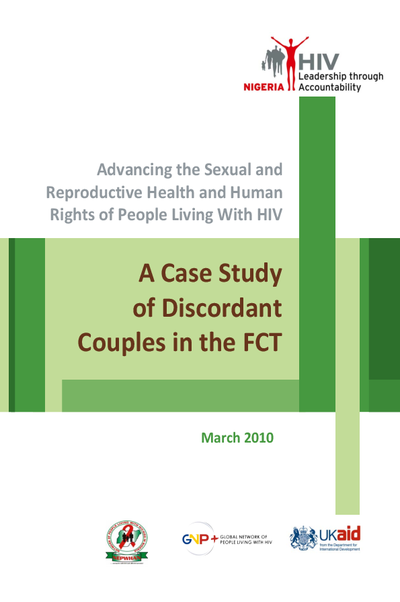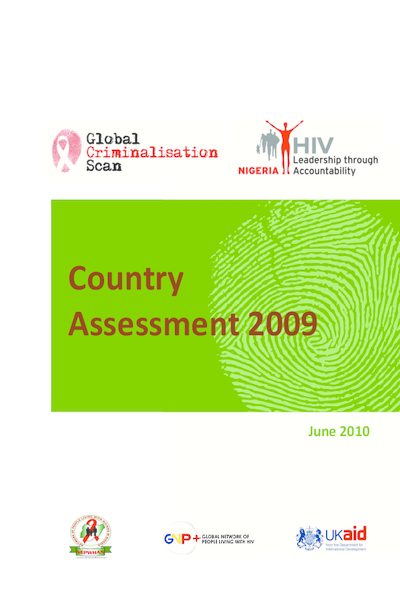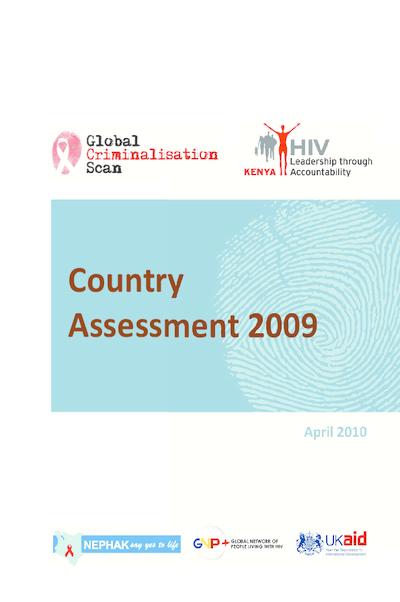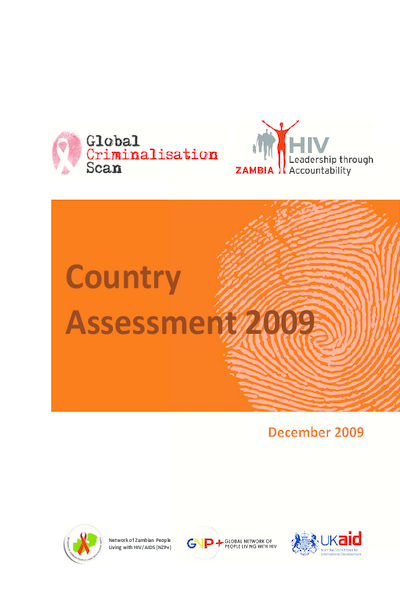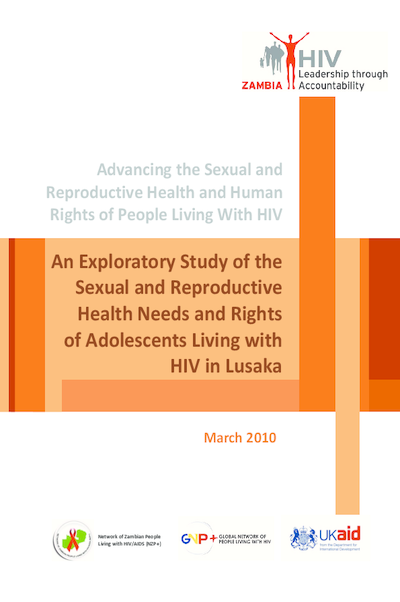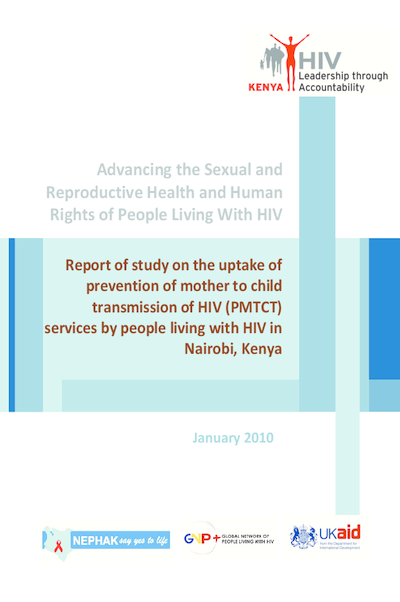The Network for the Empowerment of People Living with HIV/AIDS in Kenya (NEPHAK) would like to thank the respondents for enriching this report with their thoughts and experiences. In spite of the many demands on their time, they made themselves available to participate in this study.
The Greater Involvement of People Living with HIV and AIDS (GIPA) Report Card is an advocacy tool that measure the application of the GIPA principle in the national response to HIV. In this study a total of 27 organisations from different sectors were purposively sampled and individuals in these organisations interviewed on the application of GIPA principles in Kenya. The sectors represented were the public sector including the National AIDS Control Council, the private sector, civil society, networks of people living with HIV and AIDS (PLHIV), the UNAIDS Secretariat and the country coordinating mechanism (CCM).
This report was produced as part of HIV Leadership through Accountability programme, which ran for five years, from 2009 to 2013
It was spearheaded Global Network of People Living with HIV (GNP+) and the World AIDS Campaign (WAC), and funded by the Department for International Development (DfID), to create evidence-based campaigning, advocacy and lobbying for and by people living with HIV. Research was carried out to inform and strengthen national, regional and international advocacy, and was implemented with a bottom-up approach, informed by community responses, and strengthened by South-South collaboration.
The countries where the programme was implemented were: Cameroon, Ethiopia, Kenya, Malawi, Moldova, Nigeria, Senegal, South Africa, Tanzania and Zambia.
More information and background materials can be found at http://www.hivleadership.org/ which is the archive site for the programme




